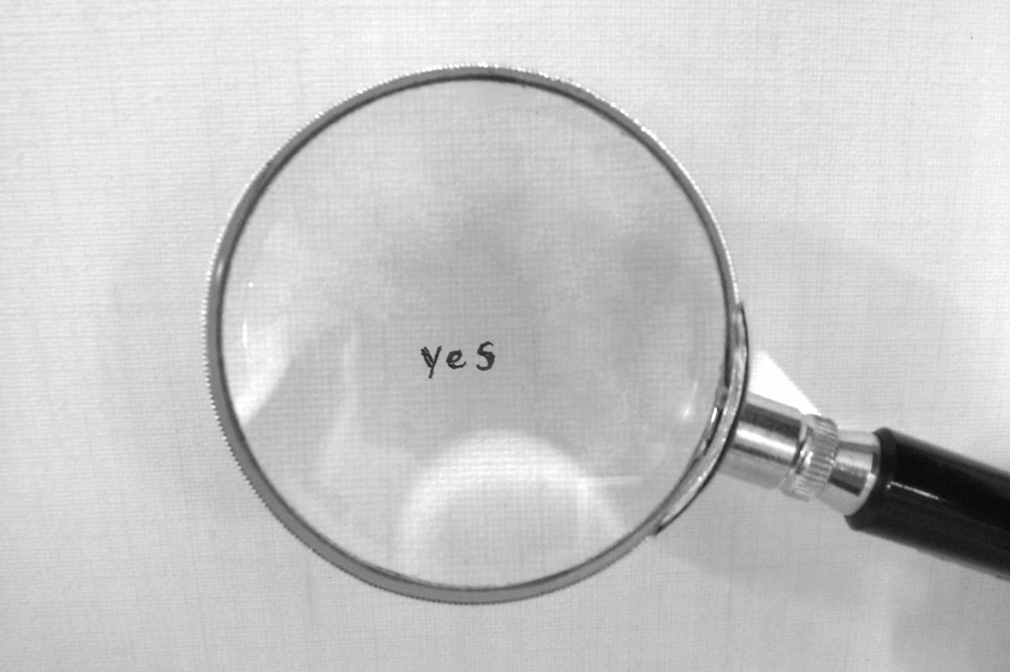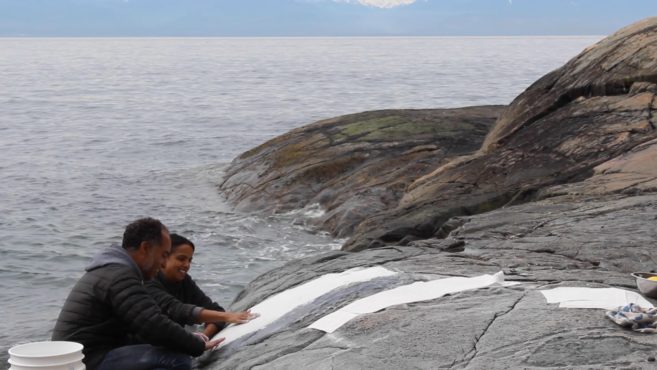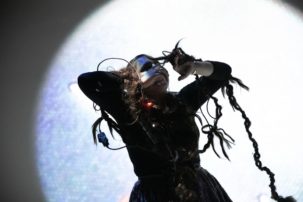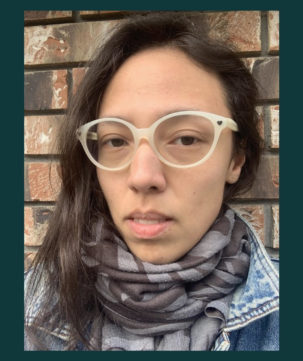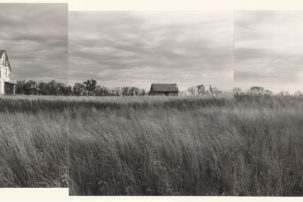This spring marks two significant Montreal moments for legendary artist and activist Yoko Ono. The first is the 50th anniversary of the Bed-In for Peace, when Ono and John Lennon famously occupied a suite at Montreal’s Queen Elizabeth Hotel for a week in May 1969 as a decidedly non-violent protest of the Vietnam War. The second is the opening of Ono’s “GROWING FREEDOM,” a major retrospective exhibition co-curated by Cheryl Sim and Gunnar B. Kvaran that fills Fondation Phi pour l’art contemporain with a selection of Ono’s participatory “instruction” works and collaborations with Lennon, including testimonials from a cast of characters who participated in the 1969 Bed-In.
In advance of the exhibition opening on April 24, Canadian Art sent 10 questions to Ono via email. Here, her responses.
Canadian Art: What did you eat for breakfast?
Yoko Ono: I quite often don’t eat breakfast.
CA: What music are you listening to?
YO: I listen to music that comes into my mind.
CA: On the occasion of the 50th anniversary of the Bed-In For Peace, what are your views on the forms and role of activism now?
YO: We were both activists in the day that felt like very few people were. Today everyone is an activist in some way and I think that’s beautiful.
CA: Is there a story about the Bed-In For Peace in Montreal that has not been told?
YO: On a beautiful night, John and I would start singing.
CA: What is non-violence today?
[no answer]
CA: What is freedom?
YO: Freedom is to be able to do anything you want unless…
CA: Do you see Twitter as Fluxus? Is it a space of protest or poetry, or both?
YO: Both.
CA: Has your relationship to feminism changed?
YO: Feminists usually did not like me, but we became friends because of what we believed in.
CA: Your new piece Arising, to be on view at Fondation Phi, gathers statements from women around the world about hatred they have experienced. Why did you want to do this piece now? Why is crowdsourcing and collaboration interesting to you as a way to make art?
YO: When I want to communicate things I feel strongly about, I use my social media. The work came from that.
CA: What is your favourite memory of Montreal?
[no answer]

